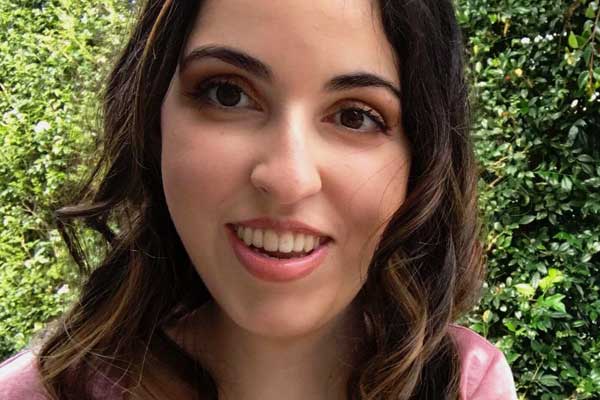Music lover Dina Bassile is on a mission to make gigs and music festivals more accessible for everyone, especially those living with a disability.
Dina has recently started her own business called Tibi (Latin: ‘for you’), an event-access consultancy firm that works with promoters and organisers to ensure a higher quality of accessibility requirements.
“With the majority of music festivals they have an access liaison who works with the people who set up the layout of the festival and they put in the accessible toilets and the viewing platforms,” Dina explains.
“They also liaise with the people who come to the festival with a handicap to make sure that they’re all set and they have all their needs met.”
Dina herself lives with muscular dystrophy and has spent the majority of her life in a wheelchair, so she knows firsthand the difficulties of navigating the chaos of crowds with limited mobility. “My job and where Tibi comes in is as an access consultant. I’m in a wheelchair myself, so I’m able to test out what they put in place and make sure it actually does work.
“A few times before I’ve been to festival where they have a disabled port-a-loo but I can’t get the chair in there. It’s small stuff they may not pick up on that I’m able to pick up on just to make it easier.”
At the core of Tibi is a spirit of inclusivity and a will to open up gigs and events of all sizes to everyone. Dina says that although larger festivals have the funds to take access more seriously, smaller boutique festivals often struggle to meet the need.
“I have had one incident of going to a small, boutique music festival and the viewing platform was a patch of grass that just had a bit of rope around it; it wasn’t elevated at all, it was just roped off on the ground.”
As part of launching Tibi, Dina has conducted a survey to ascertain the level of demand for improved gig access and found that organisers risk alienating a significant portion of potential ticket-buyers by not addressing the issue.
“I put together a survey to get an idea of what this business can do for other people and if there is a need for it, and a lot of people in wheelchairs have said they would go to more festivals if they knew that it was properly accessible,” she says.
“A lot of the time they don’t go because they’re not confident it meets their needs.”
For Dina, what it all comes down to is fairness and value for money; as a patron who has paid the full ticket price, she confidently asserts her right to enjoy herself as fully as any other punter. “I’ve paid just as much money as the next guy so why do I have to sit at the back?
“Sometimes sitting at the back away from everyone you feel like you’re watching an entire festival rather than being a part of it and I want people to feel like they are a part of it just as much as the next guy and getting what they paid for.”
For more information about Dina and her business Tibi, click here.

